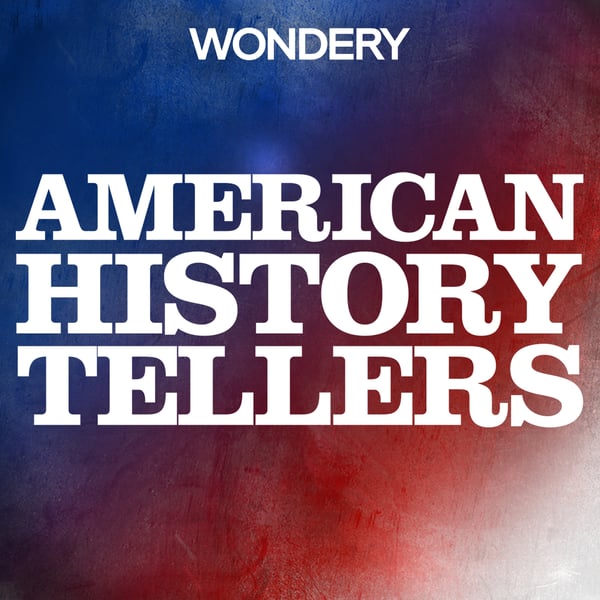Encore: Supreme Court Landmarks | The Predicament of John Marshall | 1
American History Tellers
Wondery
4.7 • 18.3K Ratings
🗓️ 19 July 2023
⏱️ 40 minutes
🧾️ Download transcript
Summary
After the War of Independence, the new American government created the Supreme Court to be the final word on disputes that the states couldn’t settle. But at first, the Court was anything but Supreme.
For nearly a decade, Congress and the President held the real power. In practice the Supreme Court was weak, ineffectual and disorganized – a post so unappealing that many men turned down nominations to serve on its bench.
All that would change with the appointment of Chief Justice John Marshall and the arrival of a case called Marbury v. Madison — a political drama that would embroil the new President Thomas Jefferson, outgoing president John Adams, the U.S. Congress, and even the Chief Justice himself.
Listen ad free with Wondery+. Join Wondery+ for exclusives, binges, early access, and ad free listening. Available in the Wondery App. https://wondery.app.link/historytellers
Support us by supporting our sponsors!
See Privacy Policy at https://art19.com/privacy and California Privacy Notice at https://art19.com/privacy#do-not-sell-my-info.
Transcript
Click on a timestamp to play from that location
| 0:00.0 | As the Supreme Court makes headlines for several controversial and surprising rulings, |
| 0:04.8 | we're bringing you a special encore presentation of our series on Supreme Court landmark decisions. |
| 0:10.2 | We'll take a look back at cases like Plessy V. Ferguson, |
| 0:13.2 | which enshrined separate but equal segregation for generations, |
| 0:16.7 | and the recently overturned Roe v. Wade, which legalized abortion. |
| 0:20.7 | These and other crucial Supreme Court decisions fundamentally changed the legal landscape of our nation, |
| 0:26.3 | but just as with today's court, social movements and partisan politics often influence |
| 0:31.2 | those decisions sometimes in unexpected ways. It might seem today as though the Supreme Court has |
| 0:37.0 | never been more politicized, but as we'll see from its very inception, our nation's highest court |
| 0:42.3 | has never been immune from the biases and partisanship of its times. |
| 0:57.2 | Imagine its February 1790, cold, clear morning and lower Manhattan, the nation's capital. |
| 1:03.6 | You're making your way across the ground floor of the merchant's exchange building. |
| 1:07.4 | Usually it's a bustling open air market, but today the cattle merchants have been cleared out. |
| 1:12.8 | Upstairs, the Supreme Court of the United States is convening for the very first time. |
| 1:18.9 | You're a young lawyer with a small two-man practice. You mostly try property cases in state courts, |
| 1:24.8 | but this morning you've come to the Supreme Court's opening proceedings to apply for the federal bar. |
| 1:30.6 | You enjoy your work well enough, but somehow you didn't expect to spend so much time squabbling |
| 1:35.2 | over inheritance claims and property lines. Once you join the bar, you'll be able to try cases |
| 1:40.7 | at a federal level, maybe even important cases. The thought gives you a thrill. |
| 1:46.3 | The second floor meeting room is dim and drafty and crammed full of people, mostly lawyers |
| 1:51.6 | like yourself and a few newspapermen. Over here, William. Your partner calls out to you, |
| 1:56.8 | and you spot him in the gallery. You make your way over and take a seat next to him. |
... |
Please login to see the full transcript.
Disclaimer: The podcast and artwork embedded on this page are from Wondery, and are the property of its owner and not affiliated with or endorsed by Tapesearch.
Generated transcripts are the property of Wondery and are distributed freely under the Fair Use doctrine. Transcripts generated by Tapesearch are not guaranteed to be accurate.
Copyright © Tapesearch 2025.

